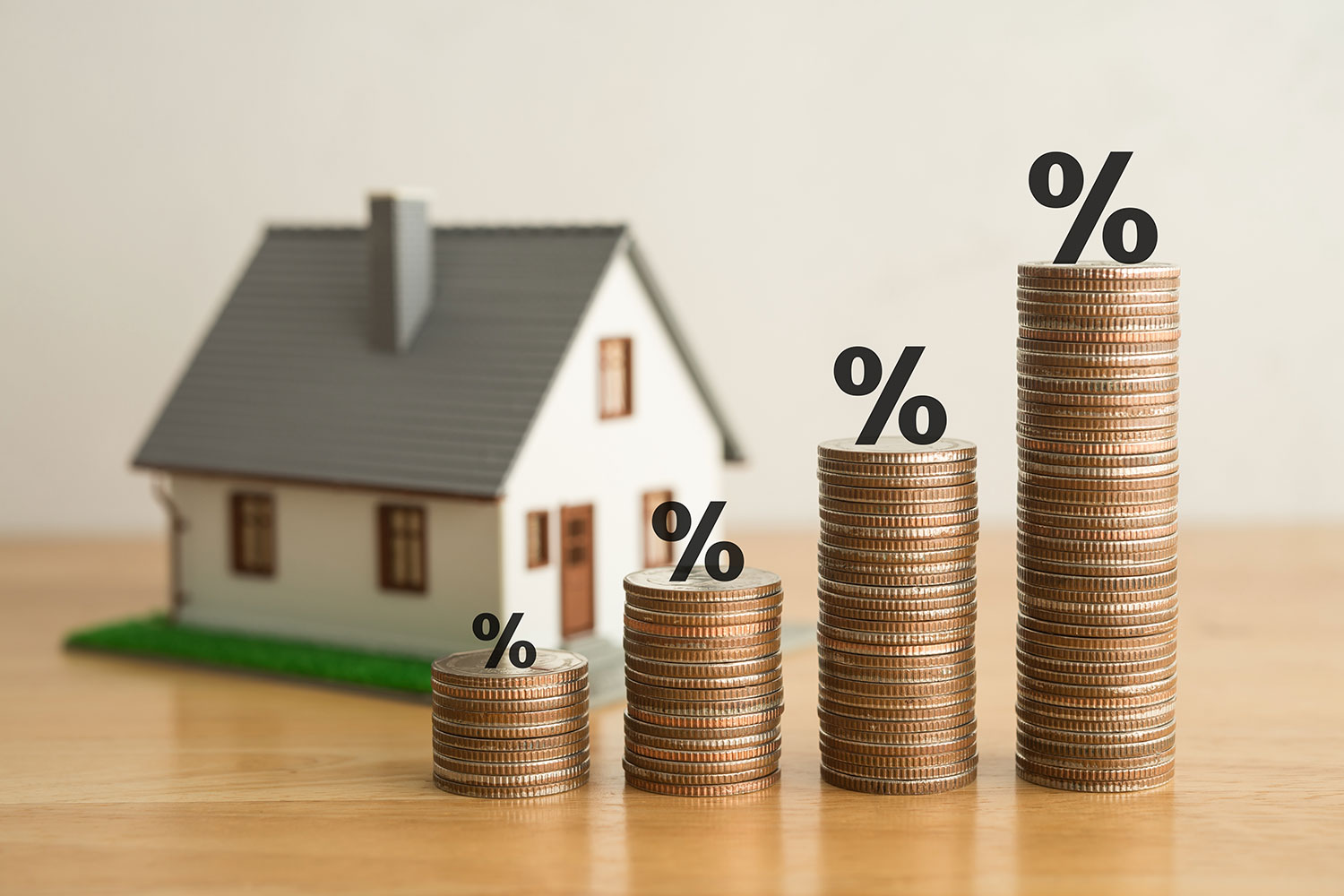Are you considering buying a house? Whether you need more space for your family, are leaving the nest, or transitioning from city living to the suburbs, the prospect of homeownership is an exciting one.
While the process may appear daunting, it can be a smooth and successful venture with careful planning.
For prospective homebuyers, one burning question often looms large: How long does it really take to go from pre-approval to closing? Perhaps you were eyeing the 811,000 homes sold in 2021 and are now returning to the world of homeownership. The journey of purchasing a home involves several stages, including:
1. Pre-approval: This is the stage where you outline your budget, save for a down payment, review your credit, and ensure your finances are in order.
2. House Hunt: Finding your dream home can take anywhere from a couple of weeks to several months, depending on the market and your real estate agent’s expertise.
3. Underwriting & Closing Preparation: This phase involves underwriting, appraisal, inspections, contract negotiation, and preparations for closing.
4. Closing: The final stage where you review and sign documents, complete the down payment, and officially become a homeowner.
The entire home-buying process can take as little as eight weeks in an exceptionally streamlined scenario or more typically around 5 to 6 months from pre-approval to closing. Various factors come into play, and we’ll delve into them in detail below to help you understand what shapes your home-buying timeline.
Pre-approval
Before embarking on the house hunt, you’ll undertake critical research during the pre-approval phase. You’ll need to verify your creditworthiness with a lender, assess your income, debt-to-income ratio, and credit rating to determine how much home you can afford. This stage often involves saving for a down payment and closing costs, a process that typically takes about six months.
Moreover, you’ll want to scrutinize your budget meticulously to track your income and expenses. If your home purchase involves a job change or relocation, these factors will also impact your timeline. Collecting financial documents is an essential part of this stage, which could range from a day to a week, depending on your record-keeping.
Once you’ve gathered the necessary documents, you’ll begin discussions with a mortgage lender or broker who will provide you with a pre-approval letter, ensuring you can comfortably afford the house of your dreams. This letter marks the starting point for your house hunting journey.
The House Hunt
Finding the perfect home can take anywhere from 15 days to 3 months, contingent on market conditions and your real estate agent’s expertise. Collaborating with a skilled realtor is crucial, as they’ll advocate for your interests during the home buying process.
Working alongside your realtor, you’ll create a needs list outlining the price range, budget, non-negotiables, and other essential factors. This preparation ensures you make the most of your search and accelerates the process.
Property showings should not be an extended process if you’ve done your homework right. Utilize your list to identify any significant issues, such as plumbing or electrical problems, presence of carbon monoxide, lead paint, radon, or defective gutters, during your initial evaluation. Catching these issues early can save you from substantial repair costs.
Underwriting & Closing Preparation
The underwriting process, which can take about 15-20 days on average, involves submitting your documents to ensure your loan’s approval. Simultaneously, the appraisal and inspection processes occur. Underwriters review the appraisal to approve the loan, while inspection and post-inspection negotiations typically take around 10-15 days after the contract is accepted.
Throughout the underwriting phase, most of the work happens behind the scenes. However, you may need to be available to provide additional documentation during the loan processing phase. This is a critical time to ensure you have a reliable internet connection.
Once you’re under contract, not many changes should occur. During this phase, hire an independent inspector to identify any property defects and deficiencies. Understanding what needs to be fixed is essential before proceeding.
Closing
Upon the conclusion of underwriting and a cleared appraisal, your lender will provide a closing disclosure detailing loan terms, closing costs, and APR. You’ll have three days to review this document. Afterward, you’ll acknowledge the disclosure and schedule the closing meeting. Once the loan documents are signed, the down payment is submitted, and the ink is dry, you officially become a homeowner.
Conclusion
In summary, most buyers can expect their home-buying journey to take around six months. Preparedness is the key to reducing stress and increasing the chances of success. The timeline depends on the buyer’s level of preparation. Adequate preparation for pre-approval, a deliberate search process, and collaboration with a realtor can make the entire journey smoother. Partner with your real estate agent, put together a strategy, and turn your dream of homeownership into a planned and successful reality.







